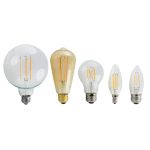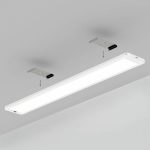Why LED Light Remote Suddenly Stopped Working: Troubleshooting Tips
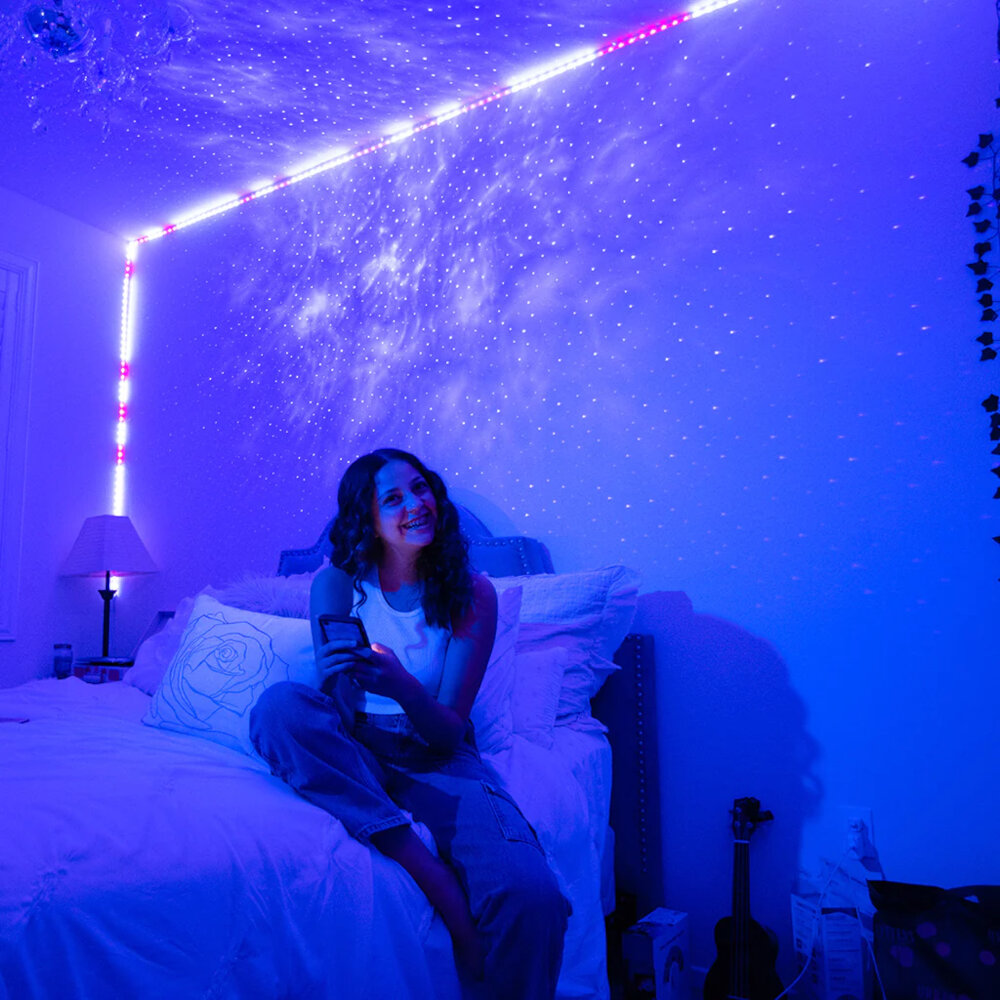
Light emitting diode (LED) lights are a popular choice for both residential and commercial lighting due to their energy efficiency and long-lasting durability. However, like any electronic device, they are prone to malfunctions and failures, which can be frustrating when they suddenly stop working. One of the most common issues faced by LED light users is the sudden failure of their remote control. When the remote control stops working, it can leave users in the dark, figuratively and literally. In this article, we will discuss some of the most common reasons why LED light remote controls suddenly stop working and provide troubleshooting tips to help you fix the issue. The reasons behind LED light remote control failures can vary, from battery issues to connectivity problems. Troubleshooting these issues can be challenging if you are unsure of what to look for. That is why we have put together this guide to provide you with the necessary information to fix your LED light remote control. With the right troubleshooting techniques, you can quickly identify the root cause of the problem and get your LED lights working again in no time. So, let’s dive into the most common issues that can cause LED light remote failures and how to troubleshoot them.
An LED light remote is a device used to control the functions of an LED light, such as turning it on or off, changing its color, or adjusting its brightness. The remote uses infrared or radio frequency signals to transmit commands to the LED light, allowing users to conveniently control the light from a distance. However, if the LED light remote suddenly stops working, troubleshooting tips may be required to identify and fix the issue. Common causes of LED light remote failure can include dead batteries, interference from other devices, or a faulty remote control. By following some basic troubleshooting tips, users can quickly and easily resolve issues with their LED light remote and continue to enjoy the convenience and functionality it provides.
Troubleshooting is an essential skill that everyone should possess, particularly when it comes to electronic devices. It is the process of identifying and resolving problems in systems or devices. Troubleshooting is crucial because it helps to save time and money by fixing issues before they turn into larger, more expensive problems. In the case of LED light remote not working, troubleshooting is essential to identify and fix the problem. It involves a systematic approach of checking for any possible causes, such as battery issues, signal interference, or faulty wiring. By troubleshooting the issue, one can diagnose and fix the problem, ensuring that the LED light remote continues to function correctly.
Check Batteries
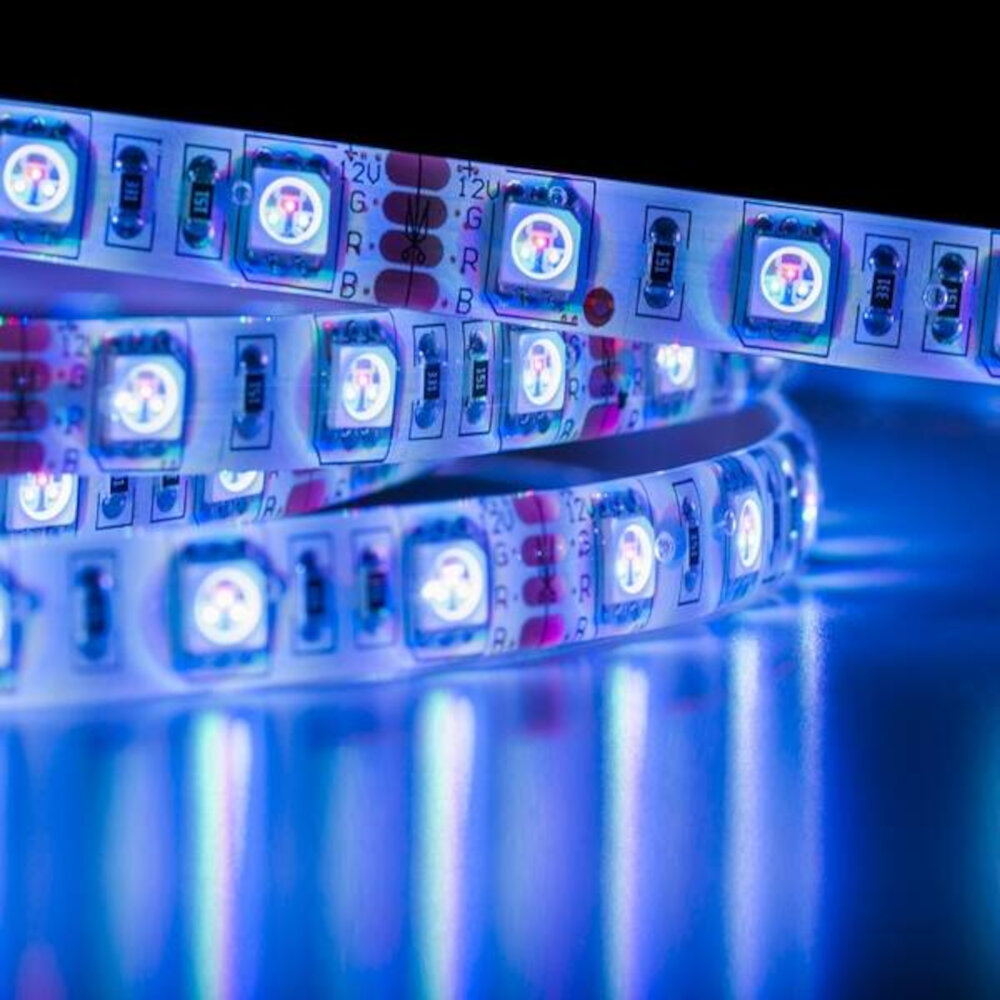
When troubleshooting a sudden stop in the operation of an LED light remote, one of the first things to check is the batteries. Batteries can be a common culprit when it comes to issues with remote controls. Over time, batteries can lose their charge, leak or become corroded, rendering them ineffective. Checking the batteries is a simple task that can be done quickly and easily. First, remove the batteries from the remote control and check to ensure that they are not corroded or leaking. If they are, dispose of them properly and replace them with new batteries. If the batteries are not corroded or leaking, use a battery tester to check their charge. If the batteries are not fully charged, replace them with fresh ones. If the batteries are not the issue, check the remote control itself. Ensure that it is within range of the LED light and that there are no obstructions blocking the signal. Also, check to see if the remote control has been dropped or damaged in any way. If it has, the internal components may be damaged, and the remote control may need to be replaced. Checking the batteries is a simple and quick step that can often solve the issue of a non-working LED light remote. By taking the time to troubleshoot the issue, you can save time and money by avoiding unnecessary repairs or replacements.
If your LED light remote suddenly stopped working, the first thing you should check is the batteries. To do this, start by removing the battery cover from the back of the remote. Once the cover is off, check the battery compartment for any signs of corrosion or damage. If the batteries look good, use a battery tester to check their charge level. If the batteries are dead, replace them with fresh ones. Make sure to insert them correctly, matching the positive and negative ends with the markings in the compartment. After replacing the batteries, try using the remote again to see if it works. If the problem persists, you may need to troubleshoot other issues.
The importance of battery replacement cannot be overstated when it comes to troubleshooting a malfunctioning LED light remote. A remote control that suddenly stops working is often a sign that the batteries have reached the end of their lifespan. Replacing the batteries is an easy and cost-effective solution that can save you time and money in the long run. Failing to replace old or dead batteries can lead to further issues with the remote control or even the LED light itself. Regularly checking and replacing batteries in electronic devices is a crucial part of maintenance and can ensure their longevity and continued functionality.
Check Connection
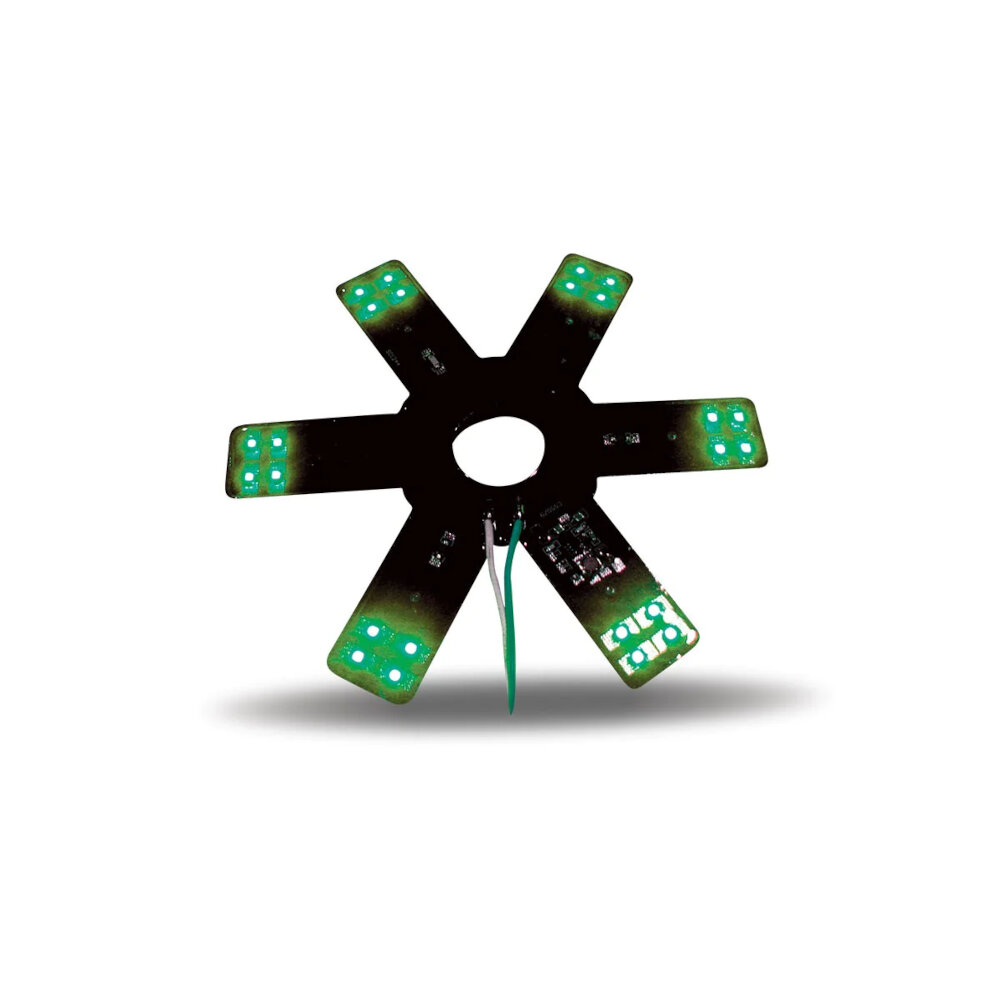
In troubleshooting why an LED light remote suddenly stopped working, one of the basic steps is to check the connection. A loose or disconnected connection can be the root cause of the problem. Start by inspecting the power source, remote control, and the LED lights themselves. Check if they are securely plugged into their respective sockets. Also, make sure that the batteries in the remote control are fresh and properly installed. A weak battery can cause signal distortion or a complete failure of the remote control to communicate with the LED lights. In addition, ensure that the remote control is aimed directly at the light source and not blocked by any obstacles. If the connections seem to be secure, try resetting the system by turning off the power source and unplugging the LED lights from their sockets. Leave them unplugged for a few minutes before plugging them back in and turning the power source back on. This can help to reset any communication errors that may have occurred. If the LED lights still do not respond to the remote control, it may be necessary to replace the remote control or seek professional assistance. In conclusion, checking the connection is an important step in troubleshooting a malfunctioning LED light remote. It is a simple and easy solution that can save time and money.
If your LED light remote suddenly stopped working, the first step is to check the connection between the remote and the light. Start by ensuring that the remote has fresh batteries and is pointed towards the light. If the batteries are fine, try resetting the connection by turning the light off and on again. If that doesn’t work, check the wiring between the light and the power source to make sure it’s secure and not damaged. You can also try resetting the circuit breaker or replacing the light bulb. If none of these steps solve the issue, it may be time to seek professional assistance or replace the remote altogether.
Proper connection is crucial when it comes to electrical devices, including LED light remote controls. A secure and stable connection ensures optimal performance and longevity of the device. Poor or loose connections can cause electrical faults, leading to malfunctioning or even permanent damage. In the case of an LED light remote control, an improper connection can result in sudden and unexpected stops in its operation. Therefore, it is essential to follow the manufacturer’s instructions and ensure that the remote is correctly connected to the power source and the LED lights. A little extra care and attention to detail can save you from the hassle of troubleshooting and costly repairs in the long run.
Reset Remote
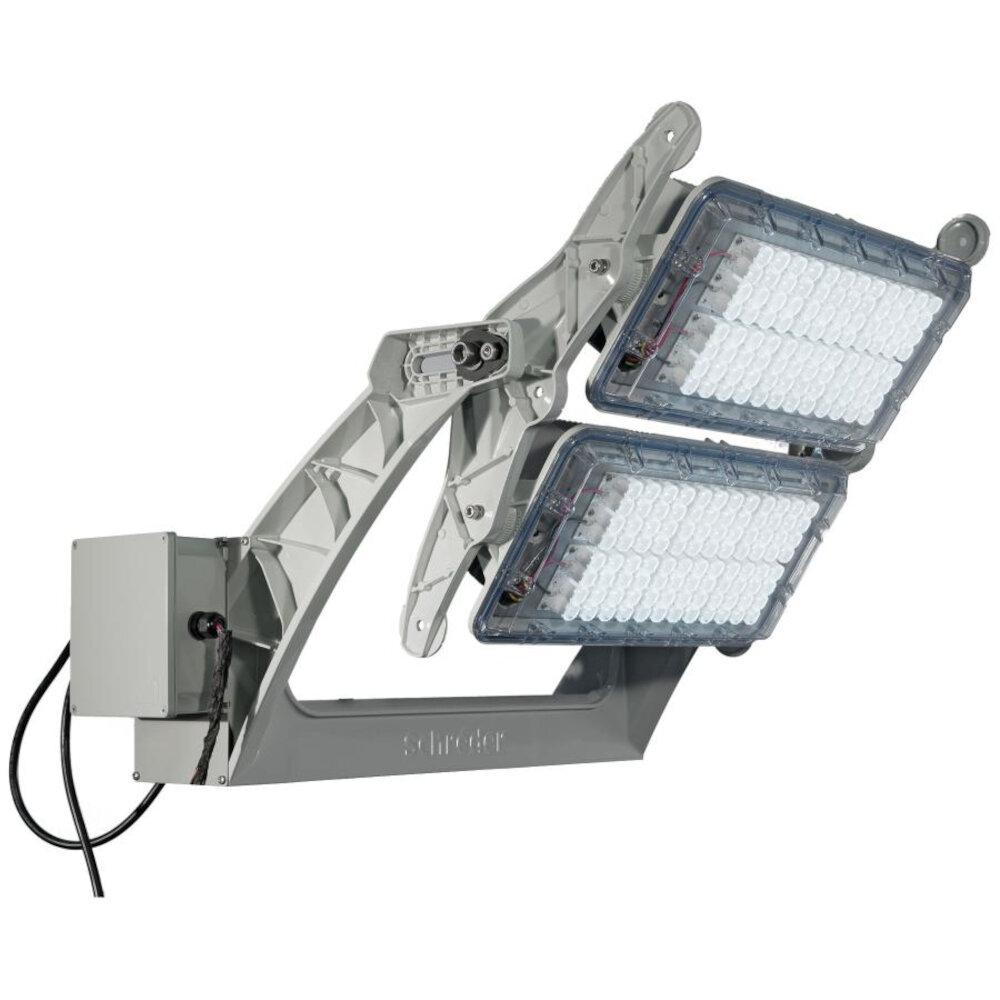
If your LED light remote suddenly stops working, you may need to reset it. Resetting your remote is a simple process that can help to restore its functionality. To reset your remote, you’ll need to start by removing the batteries from the remote. Once the batteries have been removed, you’ll need to press and hold any button on the remote for approximately five seconds. After five seconds, release the button and replace the batteries in the remote. You should now be able to use your remote to control your LED lights once again. If your remote still isn’t working after resetting it, you may need to replace the batteries or contact the manufacturer for further assistance. It’s important to note that resetting your remote should only be done as a last resort. If your remote suddenly stops working, there may be other underlying issues that need to be addressed. For example, the problem may be with the LED lights themselves or with the power source that they are connected to. Before resetting your remote, take the time to troubleshoot the issue and identify any other potential causes of the problem. This will help you to avoid unnecessary frustration and ensure that your LED lights are working properly.
If you’re experiencing issues with your LED light remote suddenly stopping working, resetting the remote might be a quick and easy fix. The steps to reset the remote may vary depending on the specific model, but generally, you will need to remove the batteries from the remote and wait for a few moments. Then, press and hold any button on the remote for at least five seconds before replacing the batteries. Finally, test the remote to see if it’s working properly. If the issue persists, you may need to replace the batteries or consider contacting the manufacturer for further assistance.
Resetting remote is an essential step when faced with a sudden malfunction of your LED light remote. It allows you to recalibrate the remote’s communication with the LED light, ensuring that the signals are correctly transmitted and received. This procedure can also help in troubleshooting issues such as unresponsive buttons or erratic behavior. By resetting the remote, you can restore its functionality and prevent the need for costly repairs or replacements. Furthermore, it is a straightforward process that can be done quickly without any technical expertise. Therefore, if you encounter any problems with your LED light remote, don’t hesitate to try resetting it.
Seek Professional Help
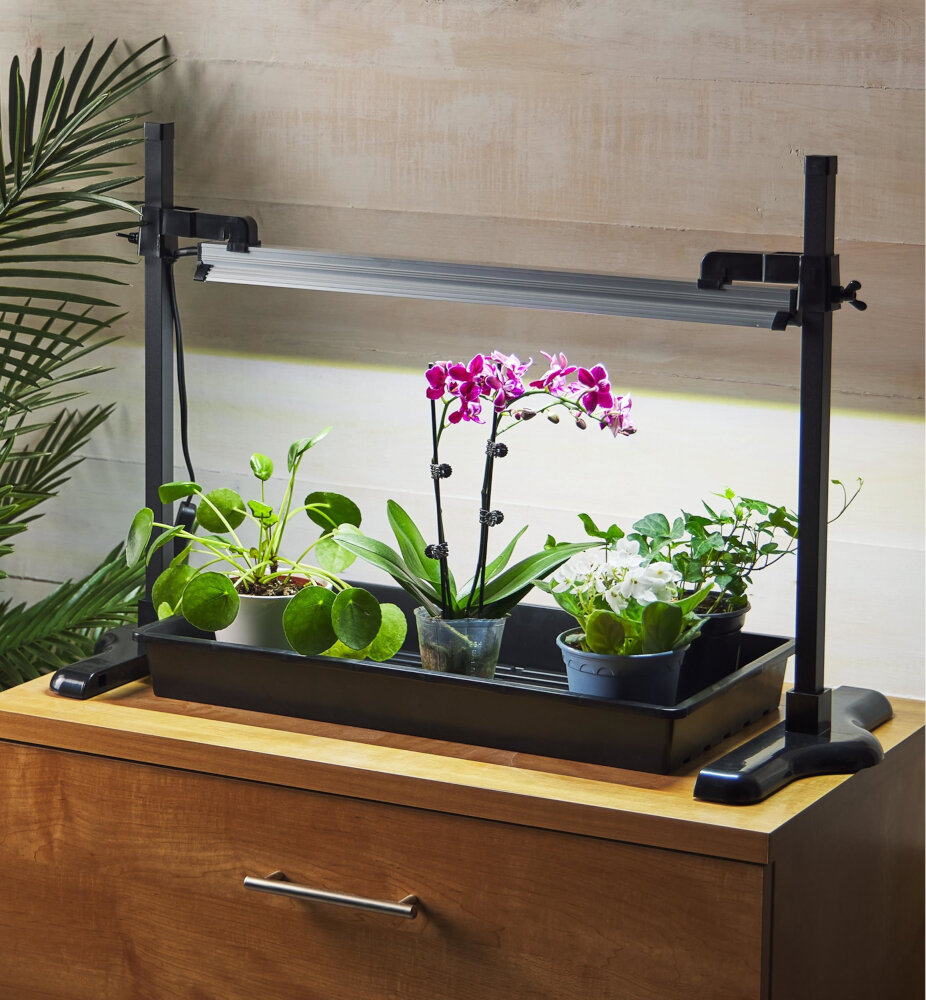
If you have tried all the troubleshooting tips and your LED light remote still does not work, it might be time to seek professional help. While trying to fix things yourself can be cost-effective, it can also be time-consuming and frustrating, especially if you do not have any technical expertise. Calling a professional can save you time, money, and give you peace of mind knowing that the problem will be resolved correctly. Professional technicians have the necessary knowledge and experience to diagnose and fix complex issues with LED light remotes. They have the right tools and equipment to test and repair the remote, ensuring that it is working correctly before returning it to you. Additionally, they can offer valuable advice on how to maintain your LED light remote and prevent future problems. By seeking professional help, you can rest assured that your LED light remote will be working again in no time.
If you have tried all the troubleshooting tips for your LED light remote and it still isn’t working, it may be time to seek professional help. This is particularly important if you are not familiar with electrical systems and do not feel comfortable attempting to fix the problem yourself. A professional electrician or technician will have the experience and knowledge to diagnose the issue and provide a proper solution. Additionally, attempting to fix the problem yourself could potentially cause further damage or even pose a safety risk. Don’t hesitate to seek help when needed to ensure the safety and functionality of your LED light remote.
When facing a problem with your LED light remote suddenly stopping working, seeking professional help is of utmost importance. While it may be tempting to try to troubleshoot the issue yourself, a professional has the expertise and knowledge to diagnose and fix the problem correctly. Attempting to fix the issue on your own could potentially worsen the problem, leading to further complications and expenses down the line. Seeking professional help ensures that the issue is resolved quickly and efficiently, allowing you to enjoy your LED lights without any further interruptions.
When it comes to troubleshooting a suddenly stopped working LED light remote, there are a few tips to keep in mind. First, check the batteries and make sure they are inserted correctly. If the batteries are fine, try resetting the remote by removing the batteries and holding down any button for 5-10 seconds. If that doesn’t work, try cleaning the remote’s circuit board with a soft cloth and rubbing alcohol. Another option is to check if the remote is synced with the light, which can be done by pressing and holding the light’s power button until it blinks or changes color. If none of these troubleshooting tips work, it may be time to contact the manufacturer for further assistance.
Maintaining your LED light remote is crucial for its longevity and functionality. Regular maintenance, such as replacing the batteries, cleaning the remote, and keeping it safe from damage, can prevent sudden malfunctions. A well-maintained LED light remote can also save you money in the long run by avoiding costly repairs or replacements. Additionally, keeping your LED light remote in good condition ensures that you can enjoy the convenience and ease of controlling your lighting system from a distance. Therefore, make sure to prioritize the maintenance of your LED light remote and follow the manufacturer’s guidelines to ensure its optimal performance.
In conclusion, when your LED light remote suddenly stops working, there are several troubleshooting tips that you can try to fix the issue. First, check the batteries and replace them if necessary. Second, ensure that the remote is pointing directly at the receiver and that there are no obstructions. Third, try resetting the remote by pressing the reset button or unplugging the receiver. Finally, if none of these solutions work, it may be time to purchase a new remote or seek professional assistance. Remember to always read the user manual for specific troubleshooting tips and recommendations. By following these guidelines, you can enjoy the benefits of your LED light remote for years to come.
Conclusion
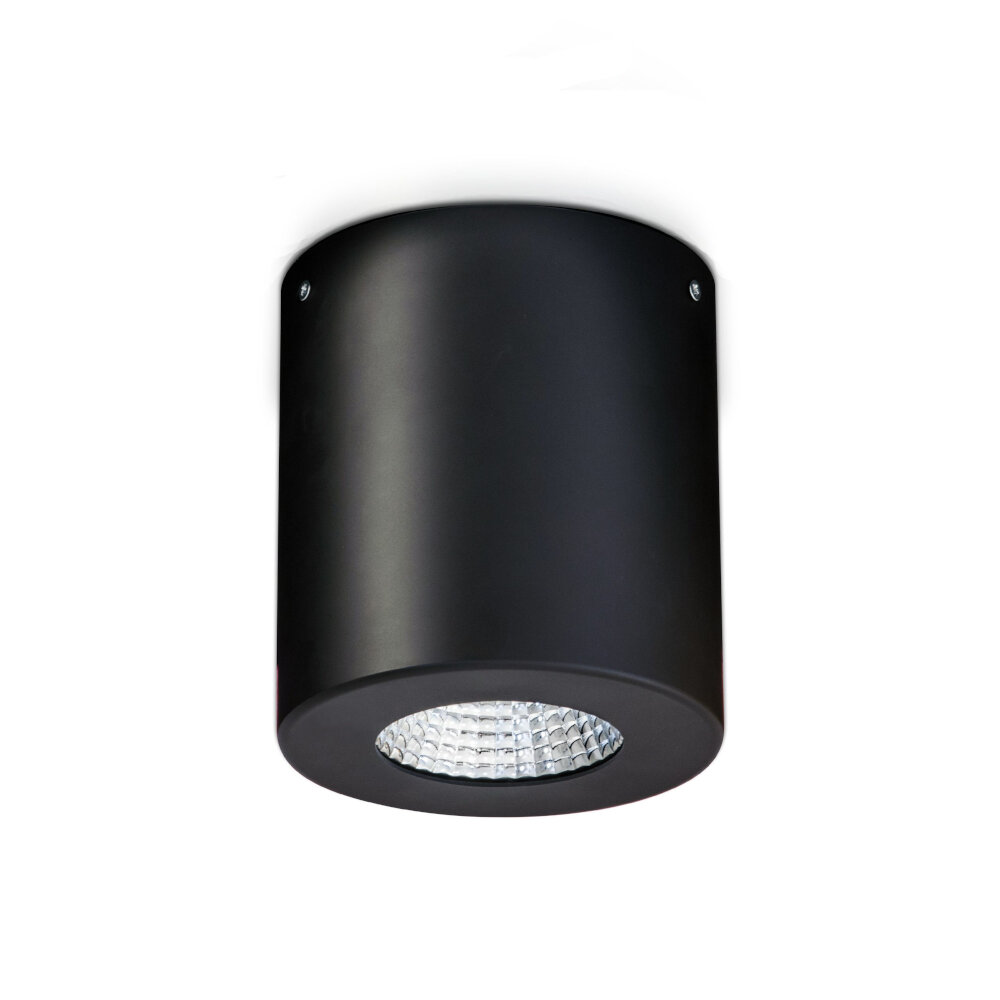
In conclusion, LED light remotes can suddenly stop working due to a variety of reasons such as dead batteries, faulty remote or receiver, interference from other electronic devices, or incorrect installation. By following the troubleshooting tips mentioned in this article, one can easily identify the root cause of the problem and fix it accordingly. It is essential to maintain the remote and LED lights properly to ensure their longevity and smooth functioning. Investing in high-quality LED lights and remotes can also prevent such issues from arising. Therefore, it is important to take the necessary steps to troubleshoot and resolve any issues with LED light remotes to enjoy their benefits and convenience.



